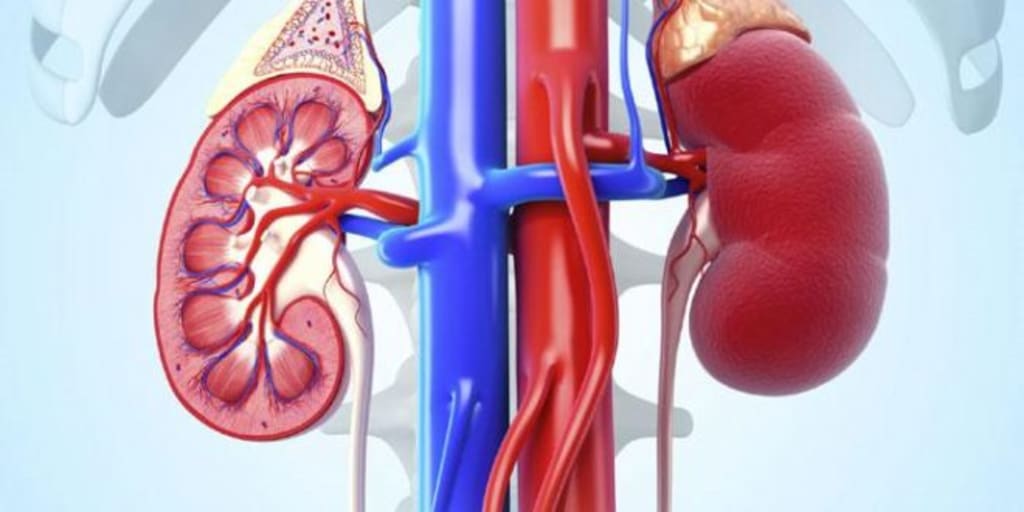
Dialysis: Dialysis has been used since the 1940s to treat people with kidney problems. The main function of the kidneys in our body is to " filter your blood by removing waste and extra fluid from the body”. These wastes and toxins are passed out of the bladder with urine. If the kidneys fail in this work, then this work is done through dialysis.
Dialysis is a treatment in which the blood is filtered and purified using a machine. It helps keep your fluids and electrolytes in balance when your kidneys can't do their job. Let us know how dialysis is done and the total cost of dialysis in India.
What is Dialysis ?
Dialysis is performed in patients whose kidney/kidneys have stopped functioning normally. External support helps the kidneys to perform their functions. It helps patients with kidney failure to lead a normal and productive life. Some of the important functions performed by the kidney include regulation of fluid balance, removal of waste products such as urea and uric acid. When the kidneys fail to function properly, waste products build up and eventually lead to a bad feeling called "uremia". This is when doctors recommend dialysis.
An early confirmation of kidney failure involves the measurement of two key blood chemical levels namely "creatinine level" and "blood urea nitrogen" (BUN) level. Elevated levels of these two chemicals indicate that the functional capacity of the kidneys to eliminate waste products is decreasing. Another urine test, called the "creatinine clearance," helps further validate your findings.
Types of Dialysis
Dialysis is generally of two types: Hemodialysis and Peritoneal dialysis.
Hemodialysis
It uses special filters to remove excess waste products and water from the blood. This involves the elaborate procedure of inserting a special plastic tube between an artery and a vein in the arm or leg. The blood passes through the dialysis membrane from the patient's body. The waste product is obtained from a solution on the other side of the filter.
Peritoneal Dialysis
This type of dialysis places fluid into the patient's abdominal cavity through a special plastic tube to remove excess waste products and fluid from the body. It uses the patients' body tissues to act as filters.
Both the procedures have their own advantages and limitations. The final choice is made on the basis of feasibility with respect to the specific parameters of the patient and his present condition. Regardless of the dialysis type chosen, it is imperative to follow a special diet, keep a check on diet, limit fluid intake, and be religious with medications to control blood pressure and phosphorus balance.
Risks associated with Dialysis?
Although both peritoneal dialysis and Hemodialysis are treatments that can save your life, they may have some risks.
Risks of Peritoneal Dialysis
Peritoneal dialysis is associated with an increased risk for infection in or around the catheter site in the abdominal cavity. For example, after catheter implantation, a person may experience peritonitis, an infection of the membrane lining the abdominal wall.
Other risks in peritoneal include:
weakening of the abdominal muscles
high blood sugar due to dextrose in dialysis
weight gain
risks of hemodialysis
There are several factors associated with the risks of hemodialysis.
Risks unique to hemodialysis also include:
low blood pressure
Anemia, or not having enough red blood cells
muscle cramp
Difficulty sleeping – due to insomnia
Itching
high blood potassium levels
Depression
pericarditis, which is an inflammation of the membrane that surrounds the heart
If your kidney damage is in the early stages, dialysis can help improve your kidneys and your quality of life. The cost of undergoing hemodialysis can range between Rs 12,000 to Rs 15,000 per month. Performing a peritoneal dialysis can cost between Rs 18,000 to Rs 20,000 per month.






Comments
There are no comments for this story
Be the first to respond and start the conversation.